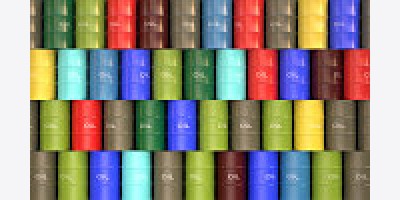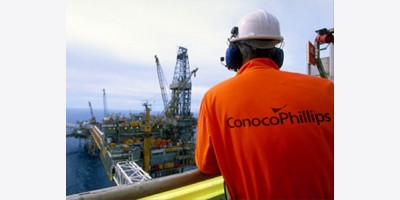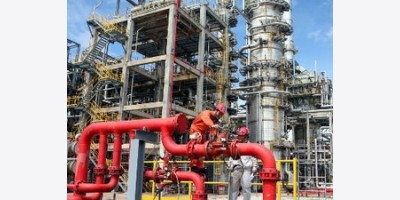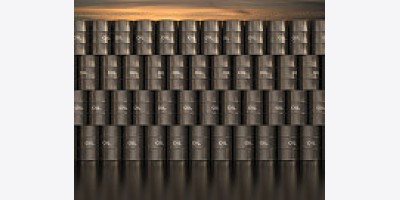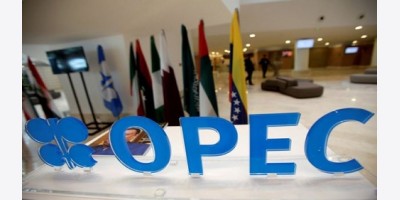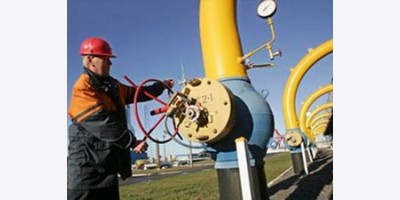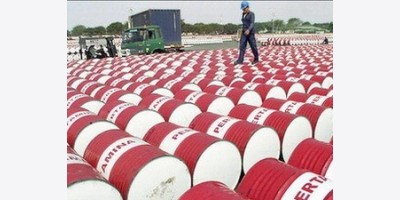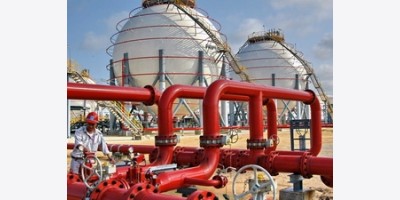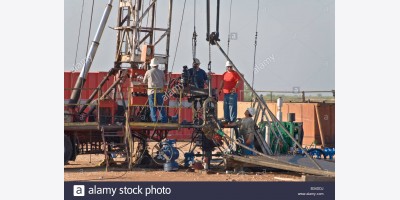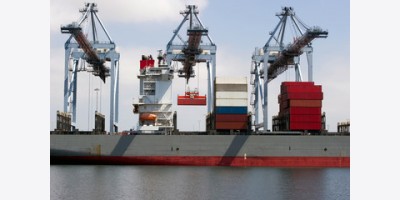By
Libya's oil protection force is not in full control of the Zueitina port as some militiamen are still at the facility following a deal to end their blockade of eastern oil terminals, a Petroleum Facilities Guard spokesman said late on Tuesday.
The port, along with the country's two largest, Es Sider and Ras Lanuf, has been under the control of an eastern federalist group led by former guard member Ibrahim al-Jathran, who recruited men from within his ranks.
An end to the nine-month standoff, which has crippled the OPEC member's economy, is finally within Tripoli's grasp, but initial reopenings could face hiccups and delays.
A deal was brokered over the weekend to reopen two of the small blocked ports, and while workers have been allowed entry, the former Petroleum Facilities Guard (PFG) members that followed Jathran are still there, hoping to rejoin the force that they deserted.
"His militia are still there (at Zueitina), but they agreed to open. We are not happy with that. We need to be 100 percent in control," the PFG spokesman said.
"They are letting workers back in. ... But we want to make sure that they (militiamen) are gone; we don't trust the old ones."
The spokesman added that negotiations were ongoing and the former guards could be rehired and potentially relocated but government forces needed to re-establish their control first.
While the Hariga port has not been under Jathran's direct control, some of those who began protesting over management changes became Jathran sympathizers while others who wanted to resume exports were fearful of a potential attack.
The opening of Zueitina and Hariga is the first step toward regaining control of Libya's biggest terminals and its largest oil refinery, a process which is expected to take up to four weeks.
Jathran's rebel group is seeking greater autonomy and a greater share of oil revenues for the eastern Cyrenaica province.
Earlier on Tuesday, an oil ministry official said that the National Oil Corp (NOC) had yet to lift force majeure at Zueitina and Hariga.
"Force majeure is still in place, it has not been lifted. NOC has not instructed the ports to export oil yet," Ibrahim al-Awami said.
Al-Awami said staff at Arabian Gulf Oil Co (AGOCO), which runs the Hariga terminal, had joined a general strike in Benghazi that began on Sunday. It was unclear whether this would affect the port's ability to resume exports.
Though the PFG are not in full control, workers at Zueitina have been carrying out maintenance and checking facilities ahead of the restart of exports, al-Awami said. Production at Zueitina has still not resumed due to these checks, but exports could start as there are about 2-3 million barrels of crude in storage.
One shipping source familiar with the matter said it would take about 10 days to get ready as one of the crude grades, Bu Attifel, needs to be heated to reach the required pour point.
Zueitina, another lighter grade, could easily be exported, the source said.
Only the western offshore oilfields Bouri and Al Jurf were producing and exporting as usual. Crude from the only open port in the east was being sent to the Zawiya refinery, to make up for the still-closed southwestern El Sharara oilfield, which normally feeds it.
The refinery is operating at a reduced capacity of around 80,000 bpd, compared with its usual 120,000 bpd, after NOC was forced to stop output at the El Sharara field in February due to protests. The western El Feel and El Wafa fields were also closed due to similar ongoing protests in March.
(Additional reporting by Ulf Laessing; Editing by Keiron Henderson, Dale Hudson, David Evans and Jonathan Oatis)







